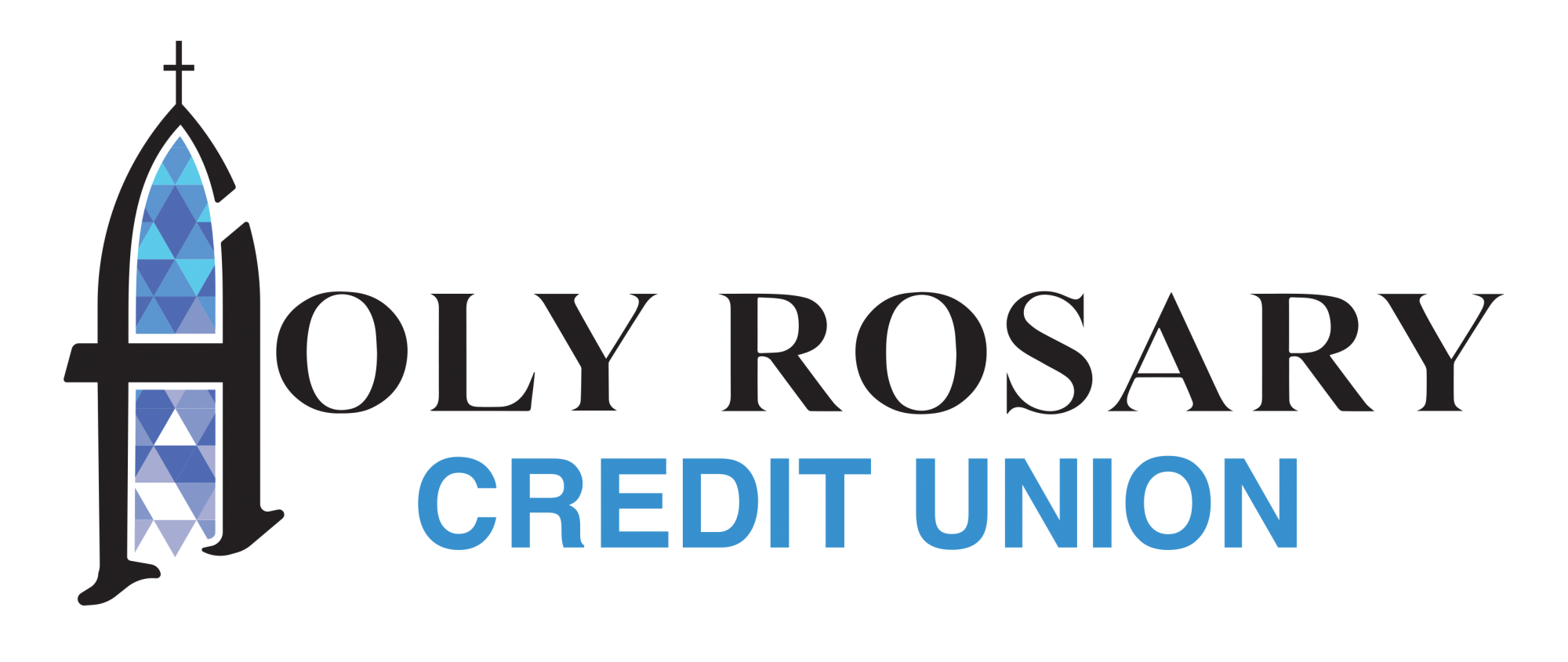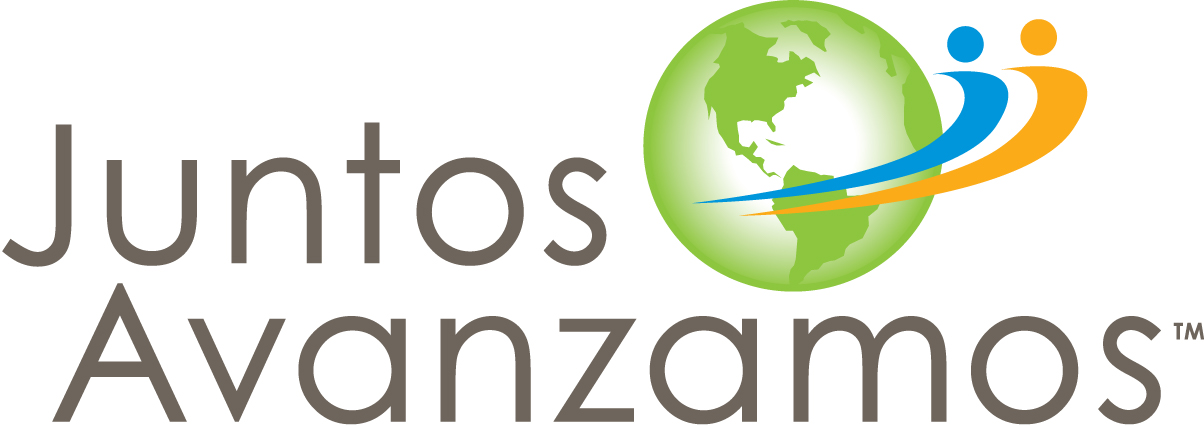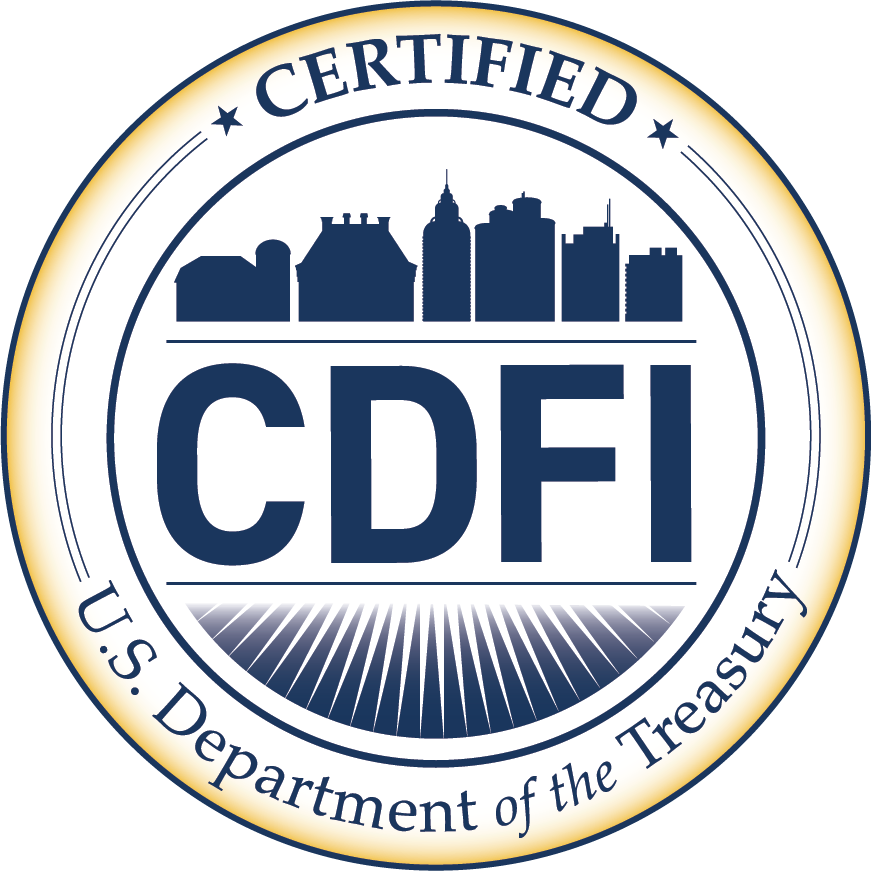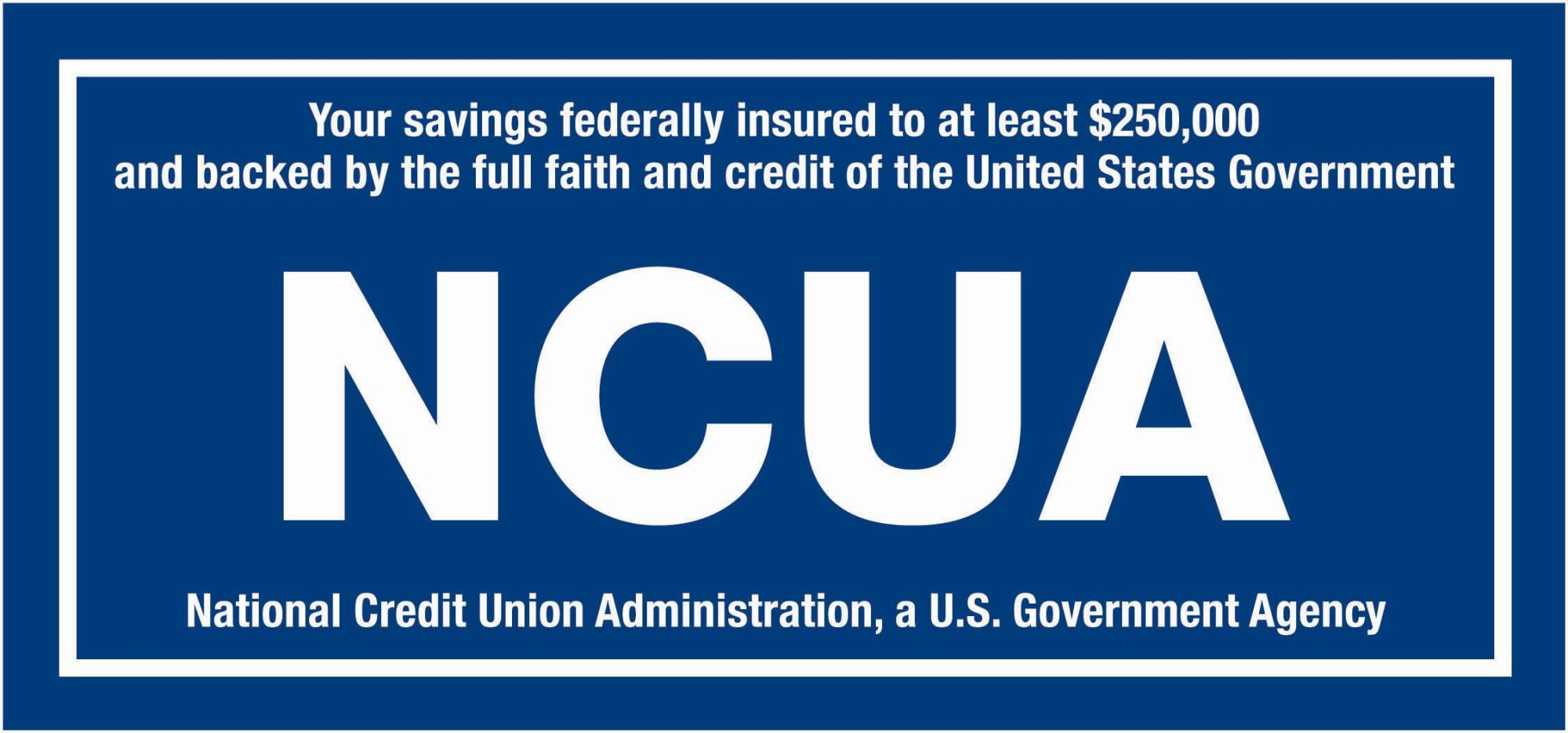.
.
Bless All Who Enter

Bless All Who Enter
Bless All Who Enter
For immediate assistance, try Video Banking ->
RESOURCES
COVID-19
HRCU's Response to COVID-19
Avoiding COVID-Related Fraud
The Kansas City community has come together so beautifully to support each other during this difficult time. Unfortunately, though, there are some who are attempting to take advantage of people's fears and concerns. We want you to always feel safe and prepared in your financial life, so we've rounded up these resources to help you identify potential scams, as well as some tips to protect your identity and personal information.
How you can protect yourself:
- Monitor your account periodically for unusual activity
- Always be cautious of unknown callers and email senders
- Hang up on robocalls, don't press any numbers
- Avoid clicking on links in unsolicited emails and be wary of email attachments
- Always delete scam messages, never reply
- Verify a charity’s authenticity before making donations
- Never, under any circumstance, give out your online username, password, or debit PIN
We will never ask you to confirm your login credentials, account password or PIN number, whether it's over the phone, in a branch or in any other type of communication. Never give your password to anyone.
If you get a call that says “your financial institution,” but doesn't identify Holy Rosary Credit Union, or comes from a blocked number or some vague variation, do not communicate with them. However, you must also be wary of phone calls from spoofed numbers, including our own. Our representatives always identify themselves on the phone, and remember, we will never ask you for your account credentials or passwords over the phone.
In addition, scammers can send emails that appear to come from a company or organization you trust to get you to click a link that installs ransomware or enables them to gain access to your information. Double check the name of the sender and the full email address for inconsistencies like misspellings. We always use the Holy Rosary Credit Union brand in our interactions with you. Any variation should be viewed with suspicion.
Scams related to the coronavirus are growing. Here are some specific things to watch out for:
- A call or email claiming to be the IRS. They may ask you to verify your financial information so you can get your economic impact payment faster. You can forward unsolicited or suspicious emails to phishing@irs.gov.
- Callers attempting to verify credit card transactions by asking for your PIN number. Be aware, they may even have the last four digits of your card number.
- Anyone claiming to be part of a Fraud Detection department. They may indicate that you need to provide your online banking credentials in order to halt suspicious account activity.
- Someone asking for personal information in exchange for access to a COVID-19 vaccine or CDC health kit, or requesting financial information in relation to government relief checks.
- Offers for mortgage refinancing, student loan debt forgiveness or low interest rate loans that seem too good to be true.
- The Department of Justice is reporting other scams including fraudsters impersonating charitable organizations calling and requesting donations, fake emails from the CDC, and fraudulent calls and letters regarding suspending Social Security benefits. More information on reported scams can be found here.
Ultimately, carefully consider the context of any message, regardless of source. If it seems strange, trust your gut, especially concerning any request for financial information. You can always give us a call at 816.221.2734 to confirm the legitimacy of a communication.














